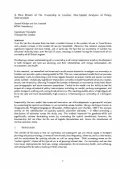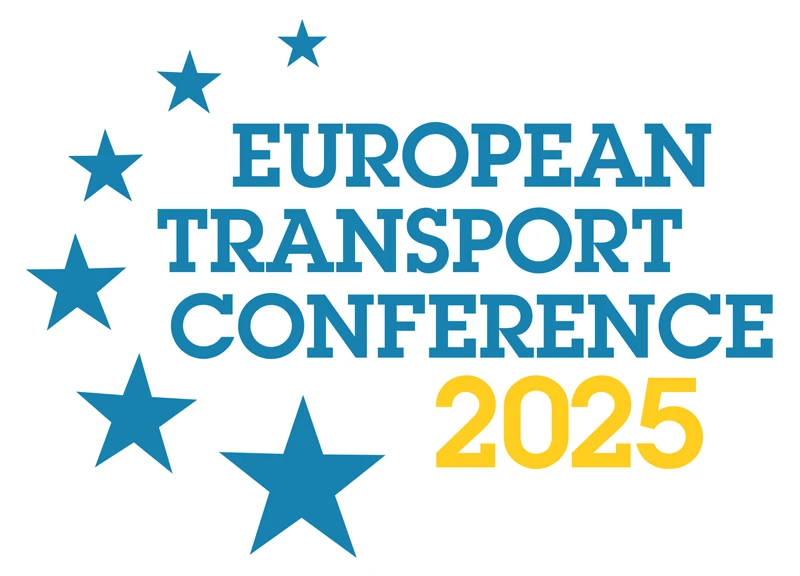-
Past ETC Papers

Browse, search and view papers from the past AET Conferences.
-
Members' Area

AET promotes networking and exchange of ideas, information and opportunities amongst members.
ETC Conference Papers 2010
Glasgow, United Kingdom
ETC Conference Papers 2010
A new model of car ownership in London: Geo-spatial analysis of policy interventions
Seminar
Day 1 (11 Oct 2010), Transport Planning Models and Methods, Car Ownership Modelling, 11:00 - 13:00
Status
Accepted, documents submitted
Authors
J Crockett, G Whelan, MVA Consultancy, UK; S Vitouladiti, Transport for London, UK
Short abstract
This paper provides details of a new car ownership model for London, which takes account of strong spatial correlations and new explanatory variables to generate a more robust forecasting model.
Abstract
Over the last five decades there has been a tenfold increase in the number of cars in Great Britain and a steady increase in the number of cars per household. However, this national analysis hides significant regional and local trends, and in particular the fact that car ownership in London has remained relatively static over the last 15 years, resulting in London having the lowest level of car ownership of all British regions.
Developing a robust understanding of car ownership is of critical importance to policy development in both transport and land use planning, and their relationships with energy consumption, the environment, and health.
In this research, we assembled and examined a multi-source dataset to investigate car ownership in London and provide a policy-testing model to TfL. The new cross-sectional model built on previous exploratory work, by estimating a non-linear logistic function to explain trends and spatial variation across London. Statistically significant explanatory variables included household structure, income, tenure, and nationality, allowing Transport for London to forecast car ownership levels from future year demographic and socio-economic projections. Central to the model was the ability to test the impact of a range of potential policy interventions, including car cost(s), parking management, and public transport, walking and cycling levels of service. The resulting models show a high degree-of-fit to the data and have demonstrably high accuracy in forecasting car ownership at a fine-grain level.
Importantly, the new model made innovative use of developments in geo-spatial analysis by accounting for spatial correlations in car ownership across London. Using a technique known as Geographically Weighted Regression (Brunsdon, Fotheringham and Charlton, 1998) the analysis centres on the identification of spatially specific parameter estimates ? in effect providing a distribution of estimates across the study area. The method improved the goodness-of-fit and significantly reduces forecasting errors by accounting for spatial correlations.
Documents:

Association For
European Transport
Forester House
Doctors Lane
Henley-in-Arden
Warwickshire, UK
B95 5AW
+44 (0) 15 64 793552
VAT number: 710 1866 64
Conference Supporters & Endorsers




Legal Entity
The Association for European Transport is registered as an Association ('vereniging') with the Chamber of Commerce for Haaglanden in The Netherlands under company number 27170096.
Built on Zenario




